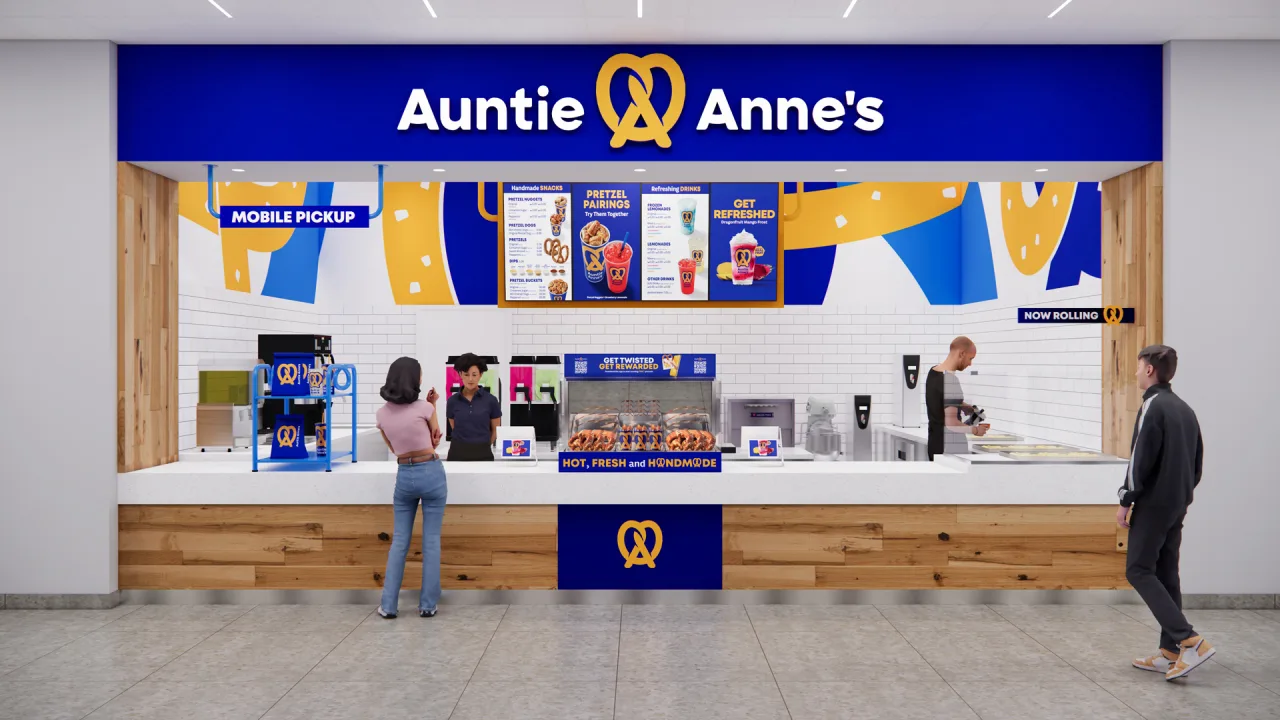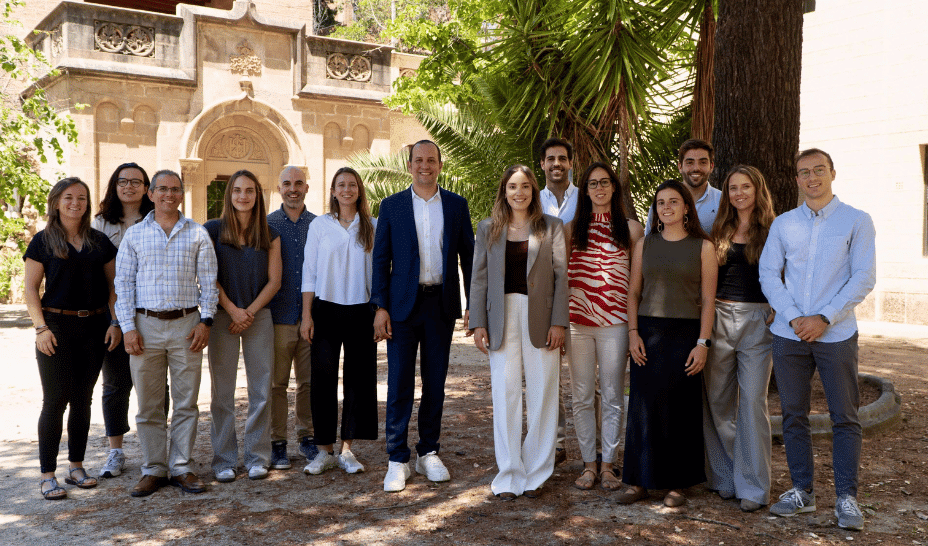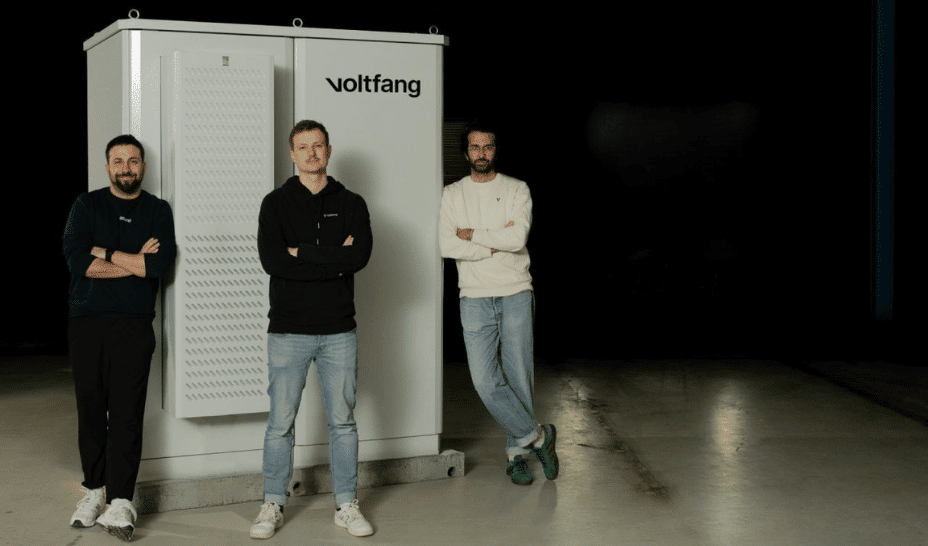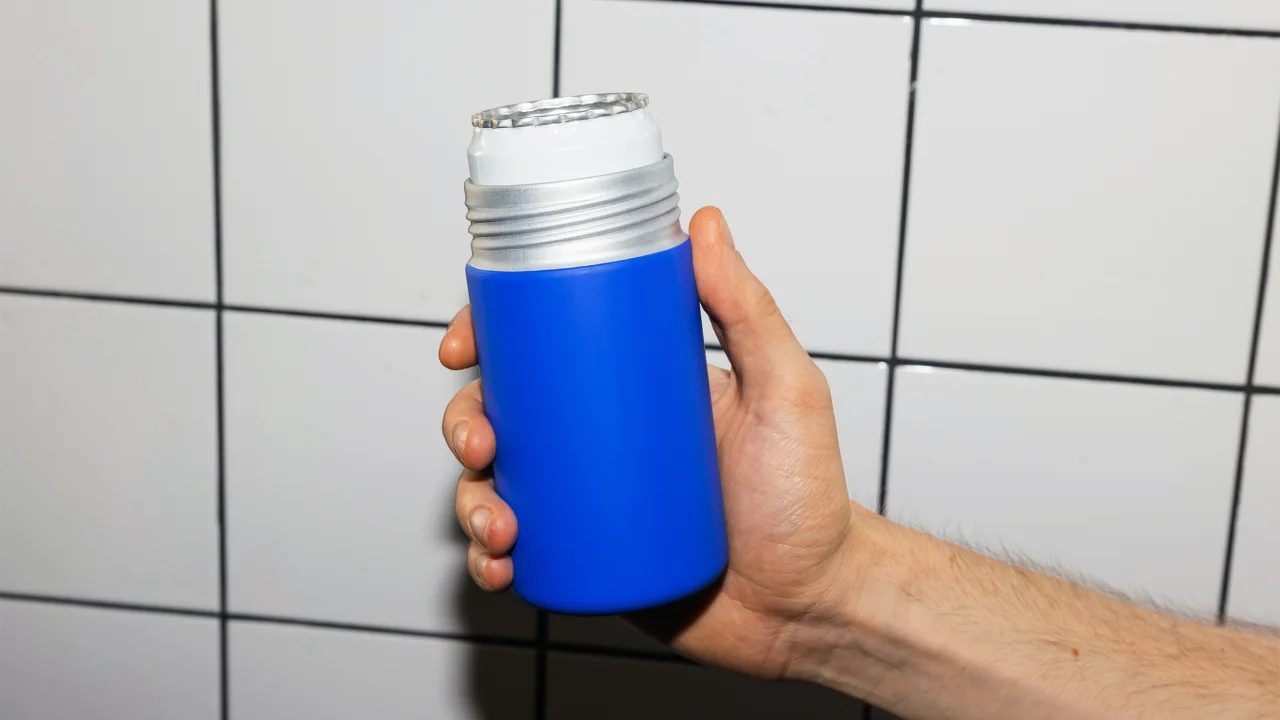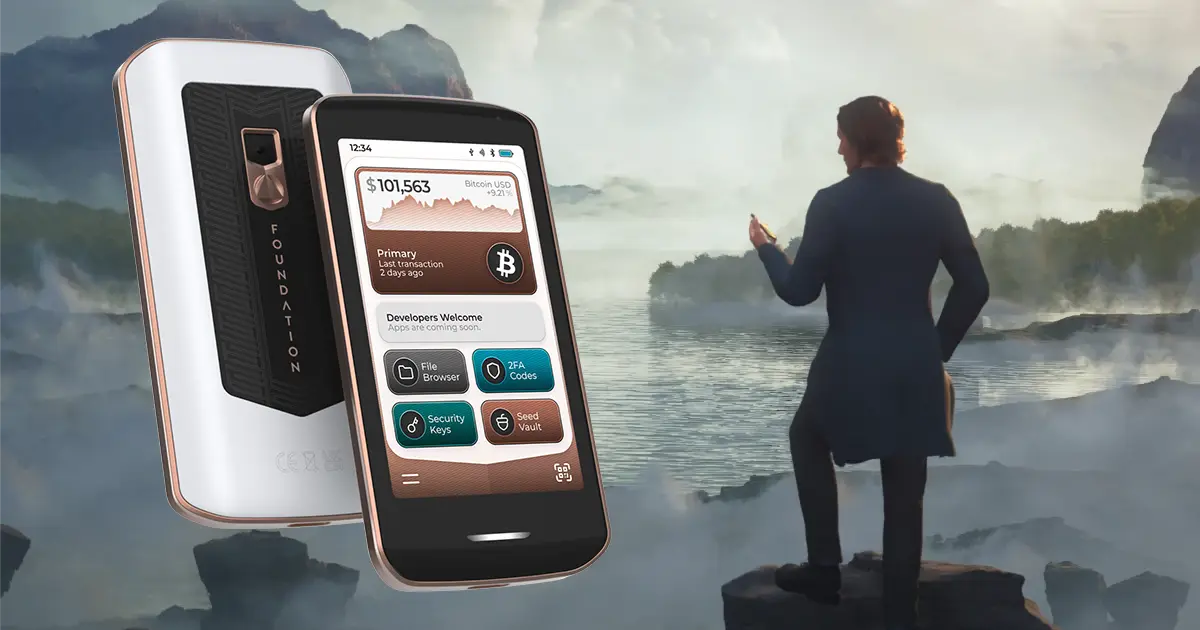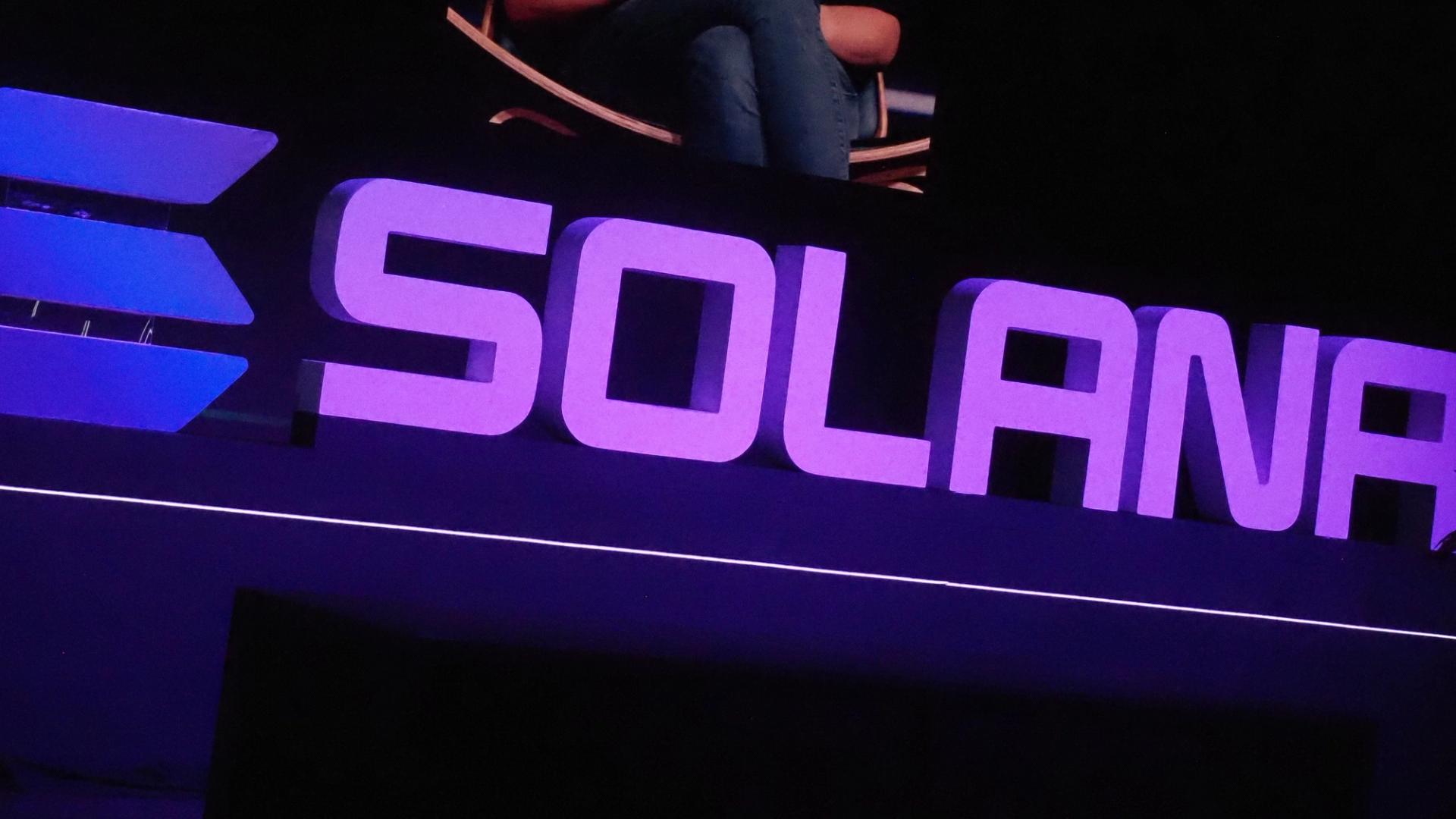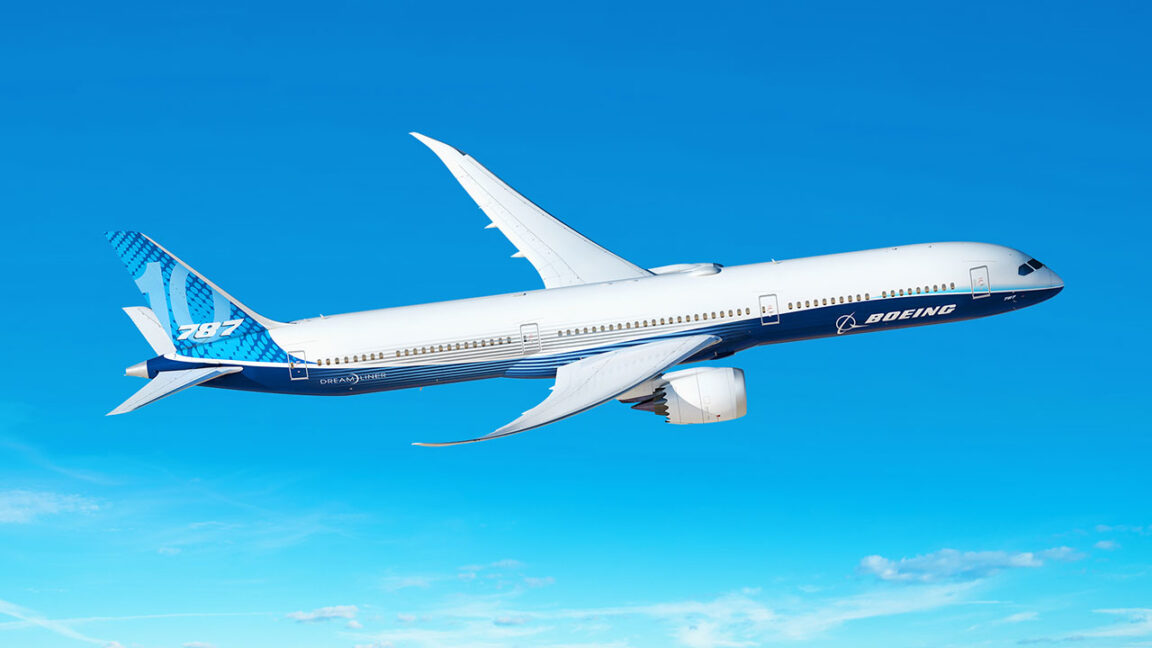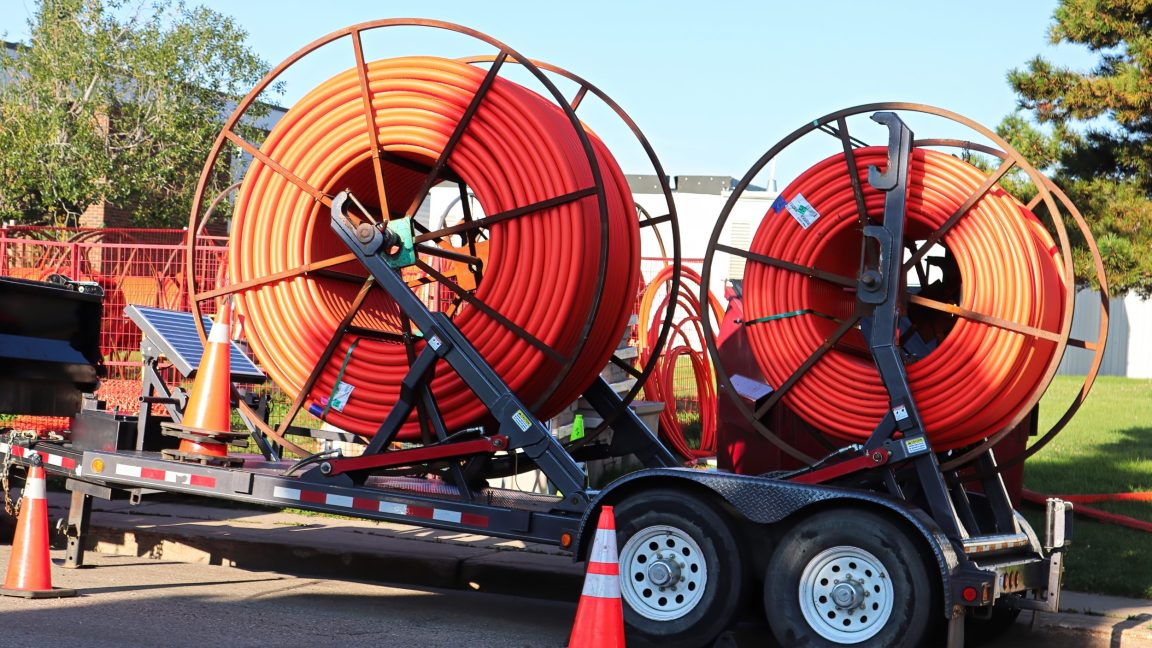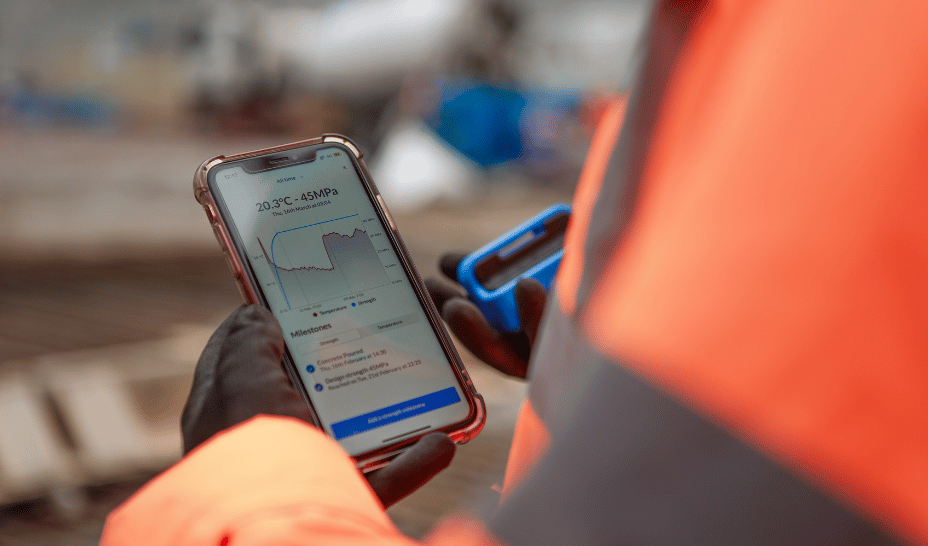French Wandercraft raises €64.3 million to take robotics from hospitals to homes and factory floors
Wandercraft, a Paris-based robotics company developing self-balancing exoskeletons and humanoid robots, has announced a significant funding milestone with the close of its Series D round totaling €64.3 million. The round was supported by backers including Renault Group, Bpifrance, the European Investment Bank, Teampact Ventures, Quadrant Management, LBO France, Mutuelles Impact (managed by XAnge), Cemag Invest, […] The post French Wandercraft raises €64.3 million to take robotics from hospitals to homes and factory floors appeared first on EU-Startups.
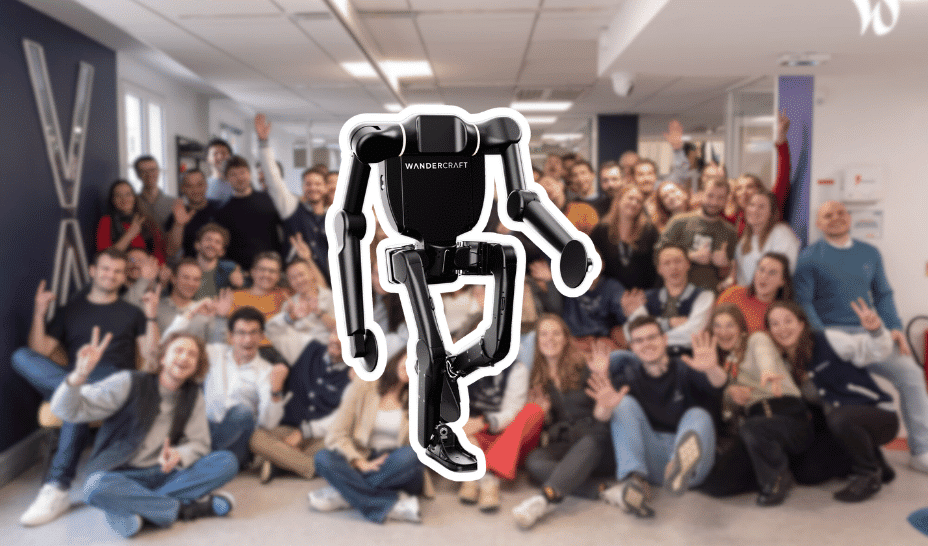
Wandercraft, a Paris-based robotics company developing self-balancing exoskeletons and humanoid robots, has announced a significant funding milestone with the close of its Series D round totaling €64.3 million.
The round was supported by backers including Renault Group, Bpifrance, the European Investment Bank, Teampact Ventures, Quadrant Management, LBO France, Mutuelles Impact (managed by XAnge), Cemag Invest, Martagon Capital, and AG2R LA MONDIALE.
“The momentum we’ve achieved over the past few years is extraordinary,” said Matthieu Masselin, CEO and Co-founder of Wandercraft. “We’ve expanded globally, launched pivotal clinical trials, readied the commercialisation of Eve, our personal exoskeleton, and entered a landmark partnership with Renault. This funding allows us to continue our mission of transforming how people live, move, and work across rehabilitation, home environments, and soon on factory floors.”
Founded in 2012, Wandercraft has established itself as an innovator in robotic mobility systems, especially through its clinical exoskeleton Atalante X, now deployed in over 100 hospitals and rehabilitation centres globally.
The fresh injection of capital will support the company’s expansion into consumer and industrial applications, marking a shift from clinic-based use to broader adoption in homes and workplaces.
The startup is preparing to bring its newest innovation, Eve – the world’s first self-balancing personal exoskeleton – to market by 2026. Designed to support individuals with severe mobility impairments, Eve allows upright movement without crutches or walkers, powered by AI and refined through “billions of simulations and tens of millions of real-world steps“.
Eve is currently undergoing pivotal clinical trials and has already been the subject of the first-ever trial for a self-balancing personal exoskeleton intended for home and community use.
Renault Group has now become both a strategic investor and Wandercraft’s first commercial customer for Calvin-40, the startup’s industrial humanoid robot.
Developed in just 40 days – hence the name – Calvin-40 is designed for strenuous factory tasks and is set to enter production within 40 weeks at Renault facilities. Built using Wandercraft’s proprietary robotics platform and accelerated through a collaboration with NVIDIA, Calvin-40 showcases the potential for fast-track industrial-grade robotics in Europe.
The partnership with Renault is expected to pave the way for efficient scaling of both Eve and the Calvin series, leveraging Renault’s manufacturing expertise to bring robotic mobility solutions to more markets.
This collaboration comes as Wandercraft’s clinical division continues to grow, particularly in the U.S. following a €39.2 million Series C round that enabled the launch of its first U.S. walk centre in New York City and a tenfold revenue increase.
Wandercraft’s Atalante X has achieved two FDA clearances for stroke rehabilitation and has been deployed in institutions including the Kessler Foundation and Germany’s Vivantes Klinikum Spandau. With over 20 clinical studies showing measurable improvements in gait, balance, and muscular strength – and over 14 million steps taken by 2,500 users – the exoskeleton platform is proving to be both scalable and transformative.
The company is poised to continue to push the boundaries of what is possible in robotic mobility – not only restoring movement for those with disabilities but also rethinking how humans work in industrial settings.
The post French Wandercraft raises €64.3 million to take robotics from hospitals to homes and factory floors appeared first on EU-Startups.




























































